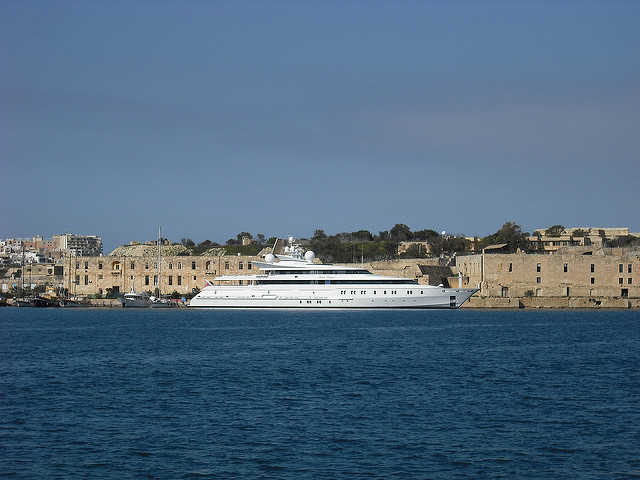Beginning June 2004, fees for UK employers applying for work permits for foreign employees will be increased. This increase should save UK taxpayers more than £30 million per year, according to the Home Office.
Topical:
Immigration news
A recent study carried out by Eurobarometer found that perceived fears of a huge wave of migration from the new EU Member States after enlargement seem to be unfounded. Even if current EU Member States did not restrict their labour markets after 1 May 2004, when ten new countries will join the EU, migration from these new Member States to all current Member States would only be about 1 per cent of the working age population.
The HSMP application processing teams at the Home Office have recently advised us that applications received in their office less than four weeks ago are unable to be expedited.
The Dutch Immigration Minister Rita Verdonk has proposed that all immigrants, both new arrivals and long-term Dutch foreign national residents, need to successfully complete a social integration course and exam.
This regulations would also apply to non-EU ex-patriates who have come to the Netherlands on a work permit and who have been resident in the country for more than three years. Some countries, such as the US, Canada, Australia, New Zealand and Japan have agreed with the Netherlands to exempt their citizens from the requirement to complete an integration course.
Of all 15 EU member states, only Ireland has decided not to restrictaccess of Central and Eastern European migrants to its labour marketsfrom 1 May.
Below you will find details of what restrictionsare planning to be put on migrants from eight of the ten new accessioncountries by current EU member states. These restrictions will notapply to citizens of Malta and Cyprus.
Austria
First Minister of Scotland Jack McConnell has told the Scottish National Parliament that he plans to promote Scotland within the current UK work permit system by granting foreign students visas to remain and work for two years after they graduate.
The proposal has resulted from the realisation that Scotland's population is decreasing dramatically and is set to fall below 5 million by 2009.
Scotland hopes to attract 8,000 new migrants to the country each year with these new regulations.





